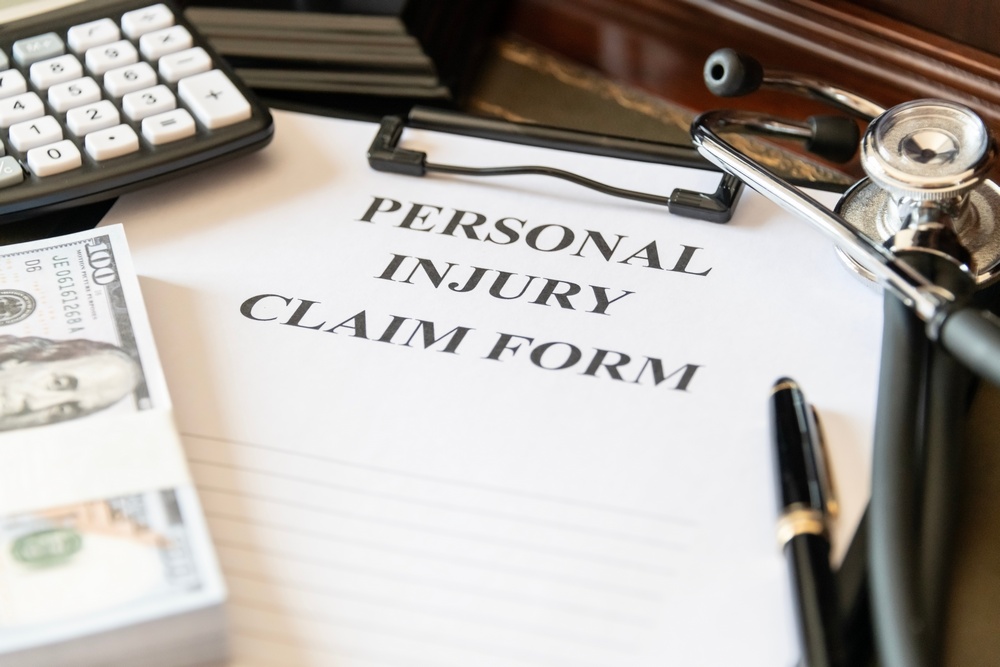Have you ever wondered if you can pursue a personal injury or medical malpractice claim even if you were partially at fault for the accident or injury? The short answer is yes—but it depends on a legal principle called comparative negligence, which California law uses to determine how damages are awarded when both parties share responsibility. In this video, we break down what comparative negligence means, how it works in personal injury and medical malpractice cases, and what you need to know to protect your rights.
What Is Comparative Negligence?
In personal injury cases, comparative negligence allows you to recover damages even if you were partly responsible for the accident. Here’s how it works: if your case goes to trial, a jury or judge will determine the total amount of damages for your injuries. Then, they will reduce that award by the percentage of fault assigned to you. For example, if your injury results in a $100,000 judgment, but the jury finds that you were 30% at fault and the other party was 70% at fault, your award would be reduced by 30%, giving you $70,000. This approach ensures that everyone’s responsibility is considered, and you can still recover compensation for the portion of damages caused by the other party.
How California Law Changed From Contributory Negligence
This concept can be confusing because California law used to operate under a system called contributory negligence, which was much stricter. Under contributory negligence, if you were even 1% at fault, you could not recover any damages from the other party. Thankfully, this is no longer the law, and California now allows for fair compensation even when multiple parties share responsibility for an accident.
Comparative Negligence in Medical Malpractice
When it comes to medical malpractice cases, the rules can be slightly different. If a medical provider, such as a surgeon, performed a procedure negligently, you may have a claim for damages. However, your responsibility in following post-operative care instructions can affect your ability to recover. For instance, if you choose not to follow recommended follow-up care and that decision worsens your condition, your failure to comply may serve as an affirmative defense for the medical provider. This could limit or even prevent recovery in certain situations, but it does not mean you cannot pursue a claim. Each case is unique, and careful evaluation is necessary to understand your legal options.
Protecting Your Rights and Next Steps
Understanding where you fall along the spectrum of responsibility in both personal injury and medical malpractice cases is crucial to protecting your rights. Whether you were partially at fault in a car accident, slip and fall, or other injury, or you’re dealing with a medical provider who may have been negligent, consulting with an experienced attorney can help clarify your situation and guide you toward the compensation you deserve.
If you want to learn more about your options and how comparative negligence might affect your case, reach out to Findley Law. Call us at 619-860-1712 or visit us at 1620 Fifth Avenue, Suite 625, San Diego, CA 92101. We’re here to help you navigate the complexities of personal injury and medical malpractice law so you can make informed decisions about your case.




